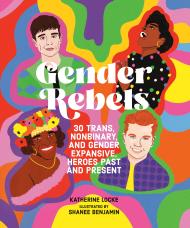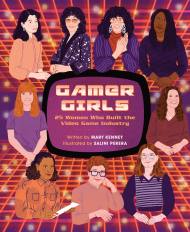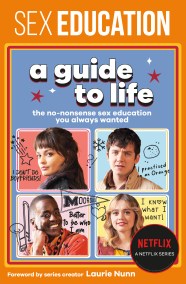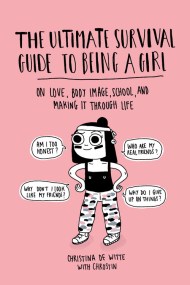Promotion
Use code MOM24 for 20% off site wide + free shipping over $45
Earth Hates Me
True Confessions from a Teenage Girl
Contributors
By Ruby Karp
Formats and Prices
Price
$15.99Price
$20.99 CADFormat
Format:
- Hardcover $15.99 $20.99 CAD
- ebook $8.99 $11.99 CAD
- Audiobook Download (Unabridged)
This item is a preorder. Your payment method will be charged immediately, and the product is expected to ship on or around October 3, 2017. This date is subject to change due to shipping delays beyond our control.
Also available from:
The definitive guide to being a teen in the modern age, with sage advice from a modern teenager and appealing to fans of Rookie.
Earth Hates Me presents a look inside the mind of the modern teenager–from a modern teenager’s perspective. Sixteen-year-old Ruby Karp addresses the issues facing every highschooler, from grades to peer pressure to Snapchat stories, and unpacks their complicated effects on the teen psyche.
Ruby advises her peers on the importance of feminism (“not just the Spice Girls version”), how to deal with jealousy and friend break-ups, family life, and much more. The book takes an in-depth look at the effect of social media on modern teens and the growing pressures of choosing the right college and career. Amy Poehler says, “This book is filled with juicy young person wisdom.”
With Ruby’s powerful underlying message “we are more than just a bunch of dumb teenagers obsessed with our phones,” Earth Hates Me is the definitive guide to being a teen in the modern age.
Genre:
- On Sale
- Oct 3, 2017
- Page Count
- 288 pages
- Publisher
- Running Press Kids
- ISBN-13
- 9780762462605
Newsletter Signup
By clicking ‘Sign Up,’ I acknowledge that I have read and agree to Hachette Book Group’s Privacy Policy and Terms of Use




